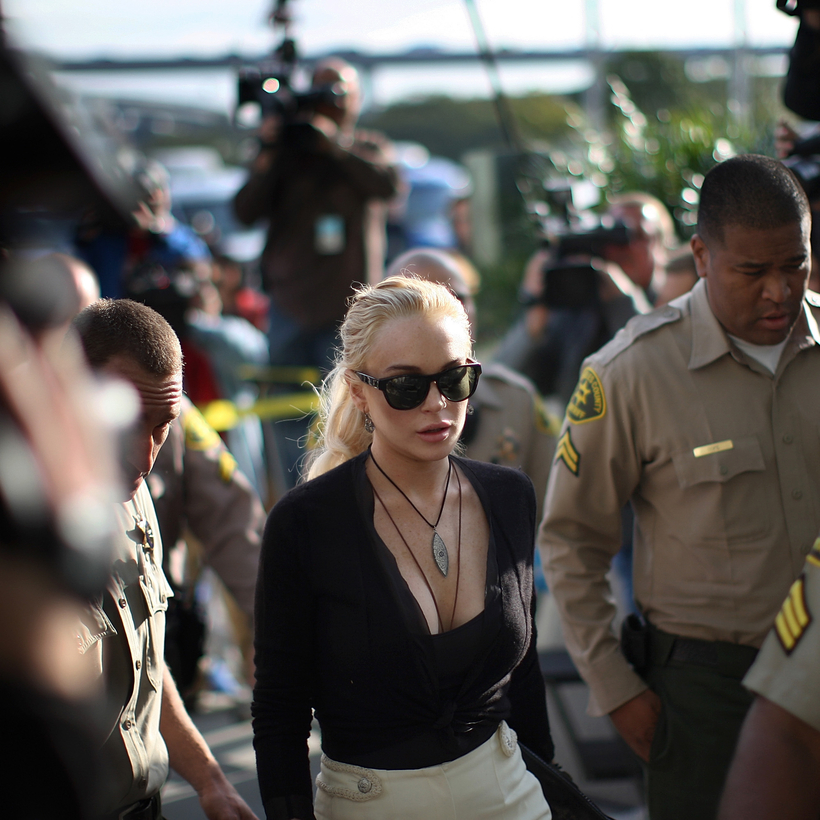On 6 April 2019, a man was arrested at the Kmart in Key West, Florida, after returning purchases for refunds. There was just one problem: the packaging he returned didn’t contain the original products.
According to the police report, his bait-and-switch scam included two coffee makers – a Keurig ($153.99) and a Hamilton Beach ($54.99). But inside the returned Keurig box was a deflated basketball, and a heavily used coffee machine was stuffed into the other box.

